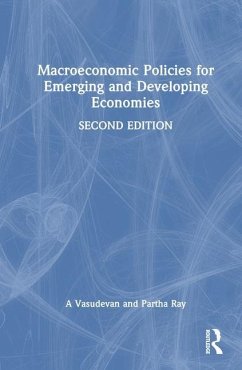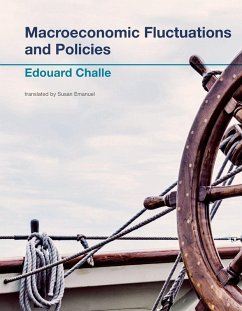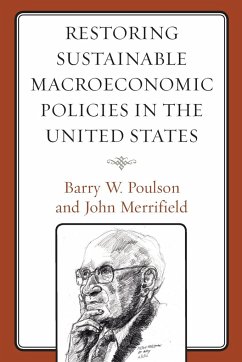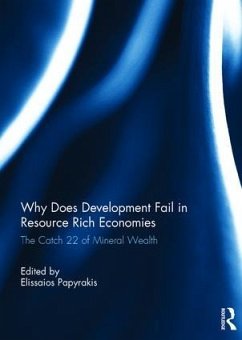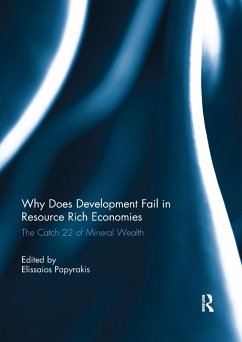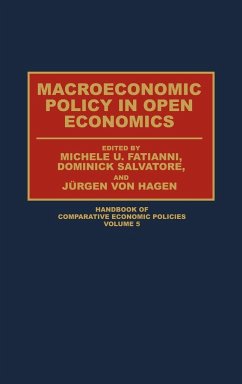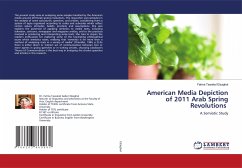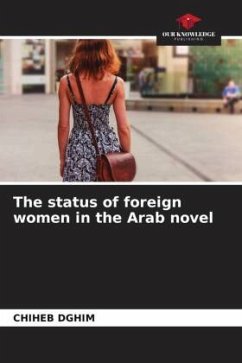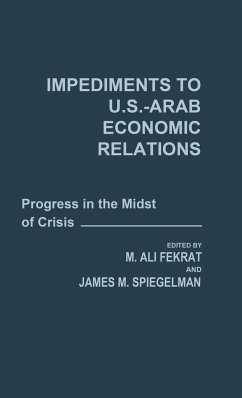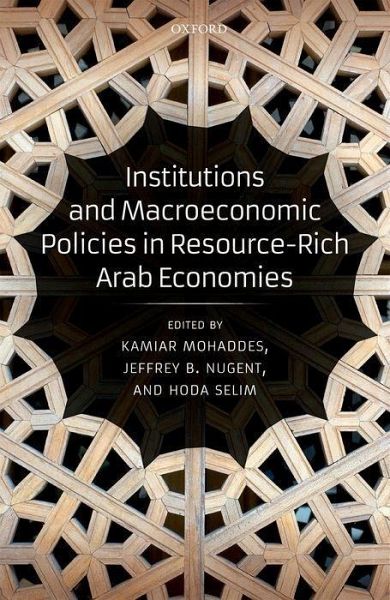
Institutions and Macroeconomic Policies in Resource-Rich Arab Economies
Versandkostenfrei!
Versandfertig in 1-2 Wochen
160,99 €
inkl. MwSt.

PAYBACK Punkte
80 °P sammeln!
For over eighty years the Arab region has been deriving massive wealth from its natural resources. Nevertheless, its economic performance has been at the mercy of ebbs and flows of oil prices and its resources have been slowly depleting. The two critical questions are why and how Arab countries might escape the oil curse. Institutions and Macroeconomic Policies in Resource-Rich Arab Economies focuses on the unique features of the Arab world to explain the disappointing outcomes of macroeconomic policy. It explores the interaction between oil and institutions to draw policy recommendations on h...
For over eighty years the Arab region has been deriving massive wealth from its natural resources. Nevertheless, its economic performance has been at the mercy of ebbs and flows of oil prices and its resources have been slowly depleting. The two critical questions are why and how Arab countries might escape the oil curse. Institutions and Macroeconomic Policies in Resource-Rich Arab Economies focuses on the unique features of the Arab world to explain the disappointing outcomes of macroeconomic policy. It explores the interaction between oil and institutions to draw policy recommendations on how Arab countries can best exploit their oil revenues to avoid the resource curse. Case studies and contributions from experts provide an understanding of macroeconomic institutions (including their underlying rules, procedures and institutional arrangements) in oil-rich Arab economies and of their political economy environment, which has largely been overlooked in previous research. Institutions and Macroeconomic Policies in Resource-Rich Arab Economies offers novel macroeconomic policy propositions for exchange rate regimes, fiscal policy and oil wealth distribution that is more consistent with macroeconomic stability and fiscal sustainability. These policy reforms, if implemented successfully, could go a long way in helping the resource-rich countries of the Arab region and elsewhere to avoid the oil curse.



